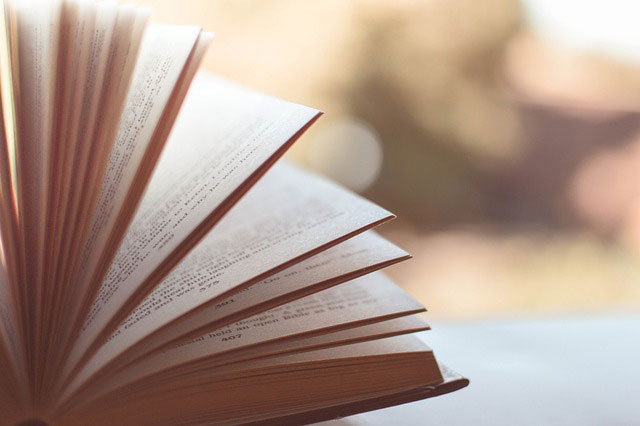Johannesburg – Eight out of 10 South African schoolchildren struggle to read well by the age of 10, according to an international study published on Tuesday.
The finding from the US-based Progress in International Reading Literacy Study (PIRLS) showed that 81% of South African fourth-graders, aged between nine and 10, battle with reading comprehension.
Inability to read worsened in Africa’s most indistrualised country from 78 percent of youngsters in 2016 to 81 percent in 2021, the latest year studied.
The investigation assessed 400 000 pupils across 57 countries globally. South Africa came lowest, scoring 288 points compared with the international average of 500. The highest was Singapore, with 587 points.
“Unfortunately, the test results reveal disappointingly low scores in reading literacy,” Education Minister Angie Motshekga said Tuesday, commenting on the results at an education conference in the capital Pretoria.
ALSO READ | Revealed: how Angie Motshekga’s reading plan failed SA’s children
She said in many primary schools “reading instruction often focuses solely on oral performance, neglecting reading comprehension and making sense of written words.”
The minister blamed the Covid-19 pandemic for putting brakes on government’s programme to improve primary education. Schools in South Africa were closed for roughly a year to help prevent the spread of the virus.
In February a panel that meets annually to promote childhood literacy, established by the country’s former deputy president Phumzile Mlambo-Ngcuka, concluded that the pandemic erased a decade of progress in reading outcomes.
Alongside Morocco and Egypt, South Africa is only one of three African countries participating in PIRLS which monitors literacy and comprehension trends globally.
South Africa’s underperformance is rooted in the apartheid regime which created educational inequalities through segregated schooling policies.
Under the democratic government, education is one the single biggest budget expenses, but results are sometimes disappointing.
Inadequate reading materials in schools and in some cases infrastructure such as toilets, have added to the education crisis.
Follow African Insider on Facebook, Twitter and Instagram
Source: AFP
Picture: Twitter/@MbalulaFikile
For more African news, visit Africaninsider.com


